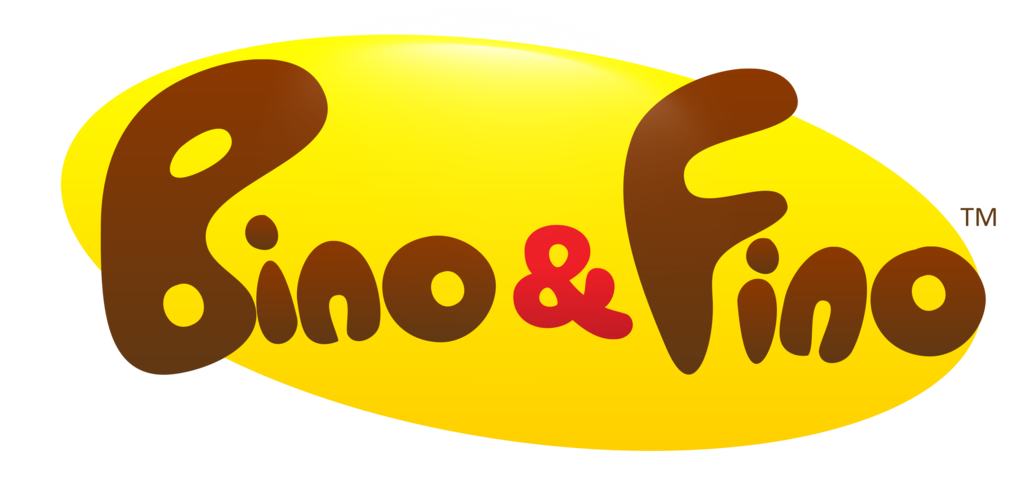African Super Foods For Kids To Eat & Drink
Sometimes we may slip up and eat stuff that is not really good for us and the family. I know I do. Especially when there's so much processed food around. That’s why it’s important to pack our day with superfoods to balance out those periods when we indulge a bit. Here's a list of simple vegetables that you can get from Africa that will make you and your little one's day healthy and nutritious.
Teff
Grown in Ethiopia and Eritrea, teff is a fine grain that is high in nutrition. It leads all the grains in its calcium content. It’s also high in protein, iron, and vitamin C. It is used to make the traditional flatbread injera which is a regional stable.
Moringa
Grown throughout West Africa, Moringa leaves are so good for you that a few leaves provide a huge amount of basic micro nutrients, including calcium. To disguise the overpowering smell and taste it is best to consume in powder form which can be added to smoothies, baked goods and all forms of things. I prefer to add mine when cooking tomato stew.
Yam
Yam is one of my favourite vegetables. It goes so well with all sorts of stews especially egg stew. Yam can be found across most Sub Saharan countries. Here are a few reasons why you should include this magic vegetable into your diet
Yams contain high quantities of vitamin C which protects your body from cell damages & diseases. Yam is also rich in potassium which helps to promote healthy blood pressure.
Baobab
Baobob powder is a revered superfood throughout Africa. It contains high levels of vitamin C, iron, & calcium. Baobab also contains much more digestive fibre as apples. If you are like me who is trying to cut down on the sugars, this is perfect and it is high in fibre which is good for the digestive system.
Pumpkin Leaves
Known in Nigeria as “ugwu/ ugu”, pumpkin leaves are eaten in many African countries and form a common part of the diet when available; leaves can be eaten fresh or dried.
Pumpkin leaves contain a healthy amount of Vitamin A, Vitamin C, calcium, and iron, as well as folate, potassium, and some of B-vitamins.
Hibiscus
When dried hibiscus flowers are steeped in hot water, the dark red hibiscus tea is called karkadeh/ karkadyin Arabic, and is popular in North Africa, particularly Egypt and Sudan.
In West Africa, it’s known as bissap, tsoborodo or wonjo. In Senegal it is called the “national drink of Senegal.” Hibiscus tea is rich in antioxidants minerals and vitamin C, and served hot it loses a bit of its characteristic sour. It can also be served chilled with ice.
Tamarind
Prized for its sweet-and-sour flavour, tamarind (also known as ukwaju in Swahili) is used to make juice, and is rich in vitamins, minerals and antioxidants.
Tamarind is particularly useful for restoring electrolyte imbalance when you’re experiencing dehydration, which is why many East African coastal communities will serve a glass of ukwaju to guests coming in from a hot day in the sun.
Fonio
Fonio is another superfood that is widely grown in most West African countries. Rich in amino acids, it is said to be Africa's oldest cereal and it is the most nutritious of all of earth's grains. Its low sugar content makes it ideal for diabetics.
Fonio also has a spiritual significance for some African tribes. The Dogon tribe of Mali believe that the universe was made by the explosion of a single grain of fonio.
Kenkiliba
The leaves from Kenkiliba shrub are used to make an infusion tea that is very good digestive detoxifier and cure-all, common in Burkina Faso, Mali, Senegal, Guinea and the Gambia.
Some West African Muslims will break their all-day Ramadhan fast with bread and a sweet and milky kenkiliba tea.
Garden Egg
I used to eat this raw with peanut paste when I was a kid. I haven't done that in a while. Now I just eat them raw by themselves. Probably not the tastiest method I admit.
In some other parts of the world this is called an Egg plant . It is a very good source of dietary fibre, potassium, manganese, copper and thiamin (vitamin B1). It is also a good source of vitamin B6, folate, magnesium and niacin. Eggplant also contains phytonutrients such as nasunin and chlorogenic acid. You can find out more about it's health benefits here and here.
Stay healthy!










